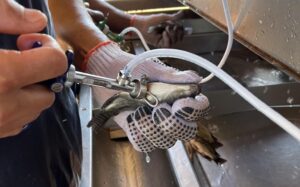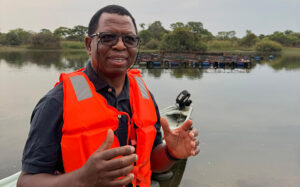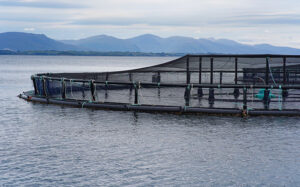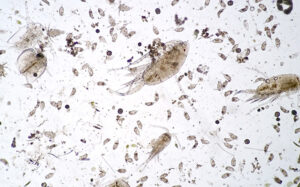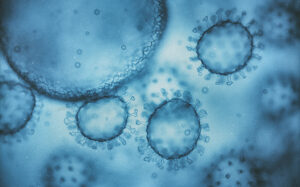The value of veterinarians in ensuring sustainability for Africa’s fast-growing aquaculture industry
Sub-Saharan Africa is enjoying an aquaculture boom — with fish health and welfare services moving in turn to meet the sector’s needs and ensure sustainable growth. In an interview, veterinarian Brandon Spolander, BVSc, MRCVS, SAVC, MSc, owner of Aquavet Africa, talks about engaging with the growing industry and addressing important gaps.
Health & Welfare
Why small vaccine doses are now the norm in aquaculture
In the last 20 years, fish vaccine doses have got smaller, and at some pace. From 0.2ml once being the industry standard to 0.05ml the most seen now, and some 0.025ml products available, there has been a clear direction of travel. Nils Steine, business unit director for PHARMAQ, explains why.
Norwegian connection helps grow sustainable roots for Sub-Saharan aquaculture
Since 2014, the Norwegian University of Life Sciences (NMBU) has been working in Sub-Saharan Africa to train the region’s next generation of aquaculture professionals on the key facets of fish-health management.
One pathogen strain seems the main culprit in damaging salmonid disease
A distinct strain of the main fungus-like pathogen which causes saprolegniosis — thought to be responsible for around 10% of economic losses in the salmonid industry — looks likely to be responsible for the majority of outbreaks of the disease on Atlantic salmon fish farms.
Understanding how diseases arise and spread can guide global aquaculture’s responses
An interview with Edmund Peeler, PhD, principal epidemiologist at the Centre for Environment, Fisheries and Aquaculture Science (Cefas).
Understanding plankton threats to salmon requires a mix of old and new technologies
Using both “traditional” microscopy and environmental DNA (eDNA) analysis can help paint a complete picture of plankton threats to salmon aquaculture, according to University of Glasgow research.
Bacteriophages’ potential for aquaculture still waits to be tapped
Bacteriophages — viruses which infect and kill bacteria — have been seen as a promising option for use in aquaculture for a number of years.
How to bring greater welfare knowledge to the world’s tilapia farmers
An interview with Sara Barrento, e-learning and aquaculture program manager for FAI Farms


